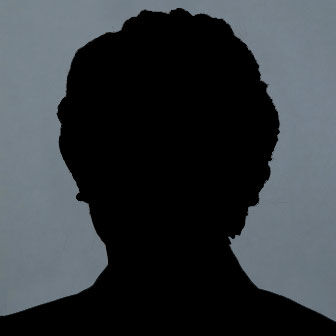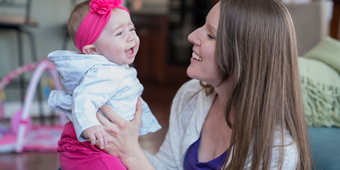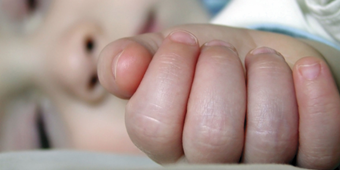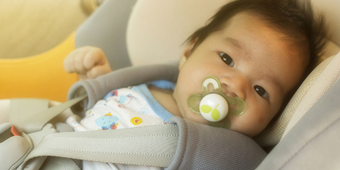Home Monitors for SIDS: A Good Idea?
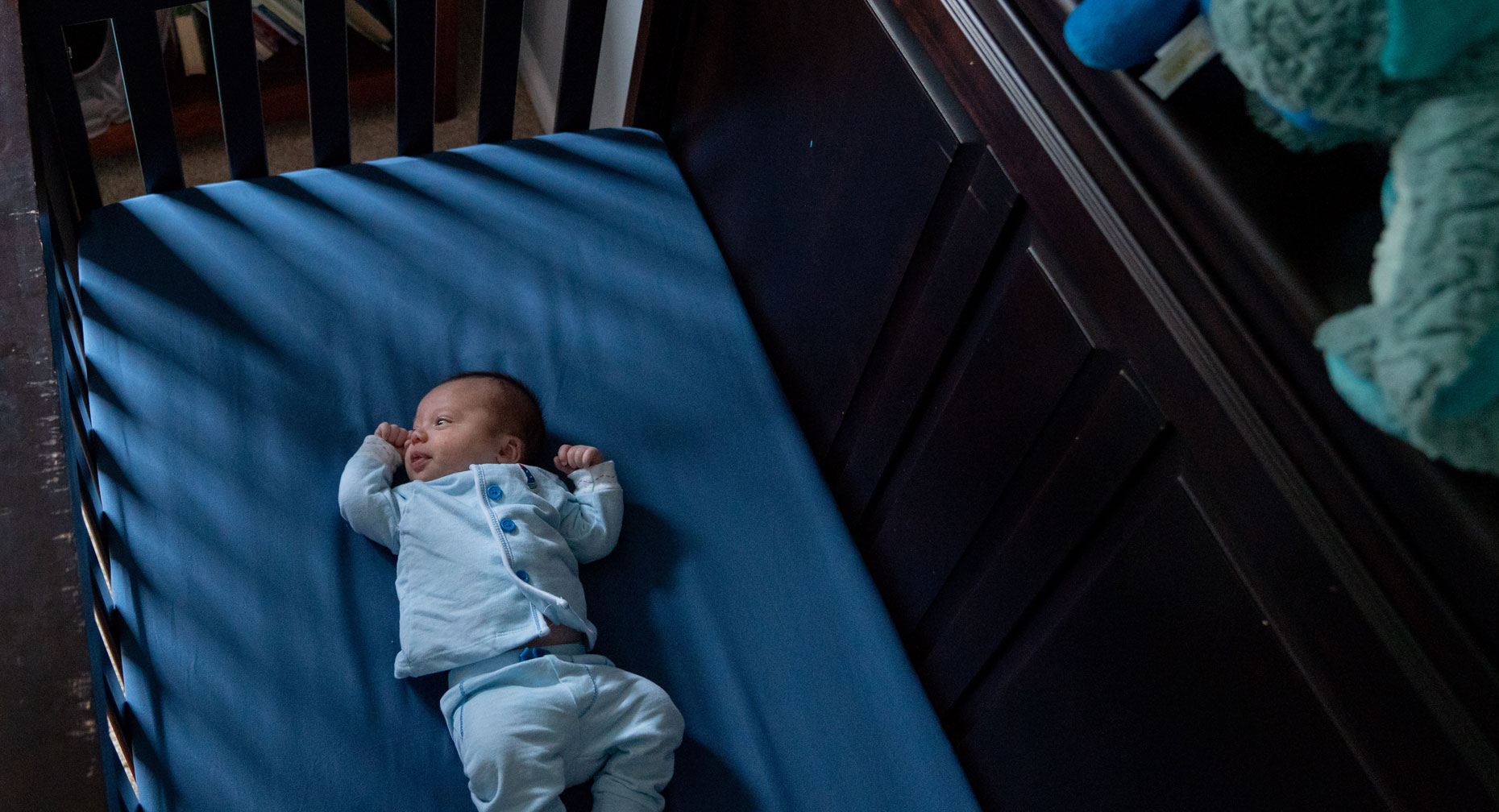
Find Your Perfect Match
Answer a few questions and we'll provide you with a list of primary care providers that best fit your needs.
From baby-wipe warmers to odor-proof diaper pails, an endless array of products makes it easier for parents to care for their newborns.
The latest item to catch the attention of parents is a technology previously used only in hospitals. Home apnea monitors, which may detect whether a baby stops breathing during sleep (sleep apnea), are now widely available to parents who are worried about Sudden Infant Death Syndrome, or SIDS – the sudden, unexplained death of an infant.
SIDS is believed by some to be caused by sleep apnea, although medical research has failed to find a link. That’s among the many reasons the American Academy of Pediatrics (AAP) recommends against using monitors for the purpose of preventing SIDS.
“These monitors are just alarms, not a prevention method for SIDS,” explains Rachel Fadden, MSW, LSW, ASN, RN. Fadden is the HEAL (Help Endure a Loss) coordinator at Atrium Medical Center. The HEAL program provides comfort and support to families who have lost a child.
“These monitors are just alarms, not a prevention method for SIDS,” explains Rachel Fadden, MSW, LSW, ASN, RN.
False Alarms and No Sleep
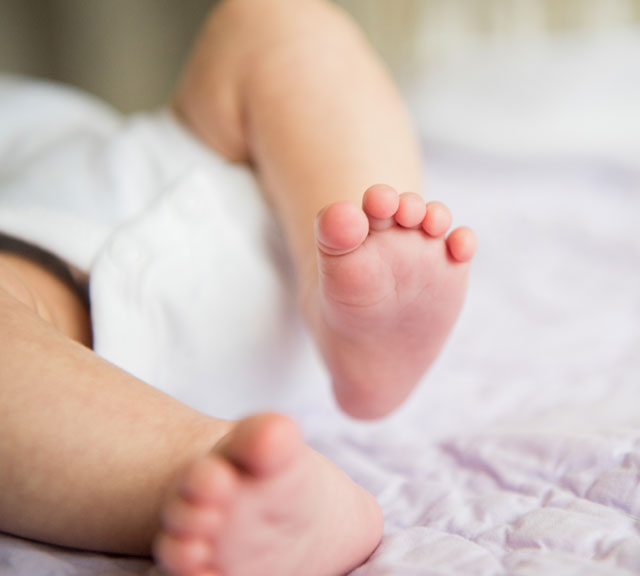
All babies – even full-term infants – can have brief periods of apnea in the first few weeks of life. Home apnea monitors are usually attached to the baby’s chest via a belt, tracking the breathing and heart rate of sleeping babies. An alarm goes off if the baby's breathing stops briefly (apnea) or if the heart rate is unusually slow.
But these monitors frequently raise false alarms, according to the AAP, keeping parents up all night. Some parents may argue that the sleep disruption is worth it if it eases their worries about their sleeping babies. However, the AAP says this may do more harm than good. “Anxiety (worrying about SIDS) affects your ability to parent your child,” Fadden explains, “but so does lack of sleep.”
According to the AAP, studies have found that parents of monitored infants said they feel more stressed — and sometimes more depressed — compared to parents of babies that weren't monitored. False alarms can also lead to unnecessary emergency room visits and hospitalizations, which carry their own risks (like exposure to harmful viruses and infections).
Fadden says another concern is when parents become complacent, relying too much on the monitors and failing to check in on their infants in person. “If the monitor stops working or the baby kicks the monitor off and the parents don’t know because they’re not checking on the baby themselves, you could have a poor outcome,” Fadden says.
Safe Sleep Helps Prevent SIDS
Both Fadden and the AAP say that the most effective way to lower the risk of SIDS is to use safe sleep practices. These include putting your baby to sleep on his back, having him sleep alone in his own crib (rather than sharing a bed with you), and keeping his crib free of pillows, blankets and stuffed animals.
Fadden also suggests setting an alarm on your cell phone to remind you to check on the baby, and having your infant sleep in his crib in your room (but not sharing your bed).
“Parents who have lost a child to SIDS, and are expecting another child, are already on edge,” Fadden says. “These monitors may be an additional support for them, but they shouldn’t replace safe sleep methods.”
Is a Monitor Ever Recommended?
If your baby needs home oxygen, or has serious heart or breathing problems, his doctor may prescribe a medical-grade apnea monitor to be used at home. Otherwise, it’s best to rely on human monitoring and safe sleep practices.
Find Your Perfect Match
Answer a few questions and we'll provide you with a list of primary care providers that best fit your needs.
Source: American Academy of Pediatrics; Sudden Unexplained Death in Childhood (SUDC.org); Rachel Fadden, MSW, LSW, ASN, RN, Atrium Medical Center


